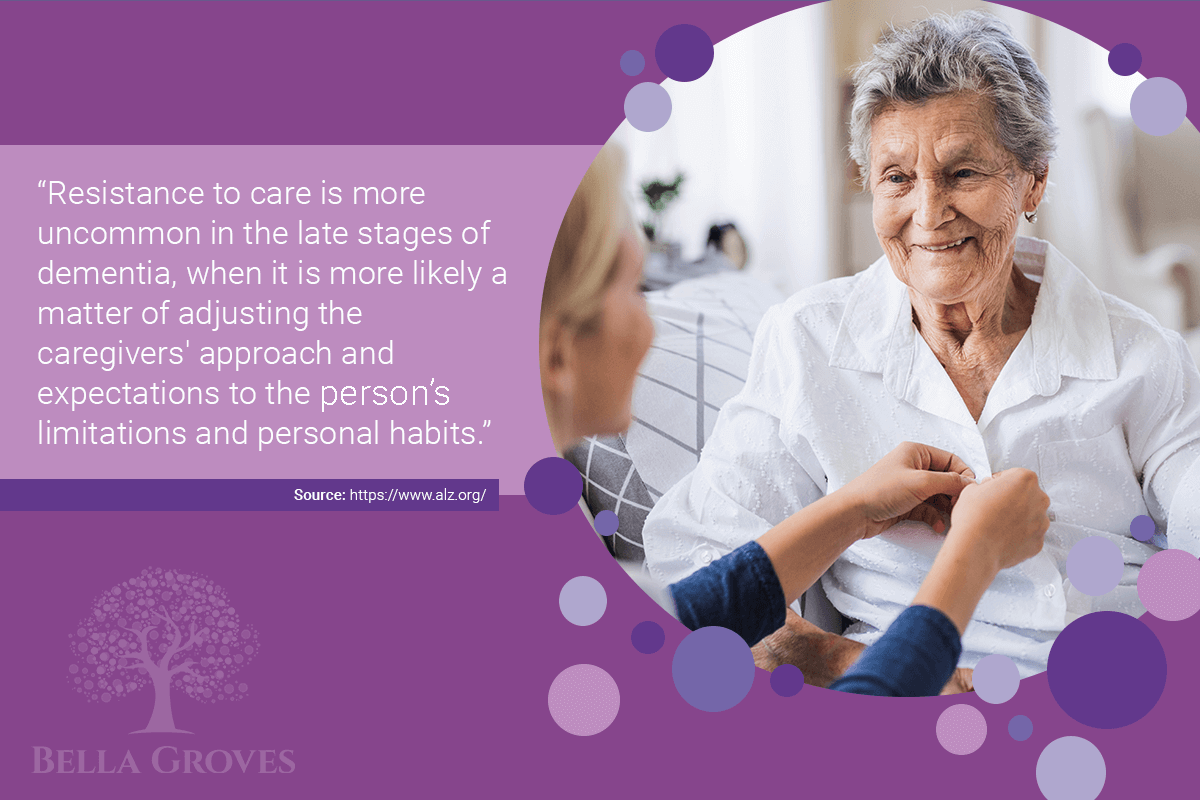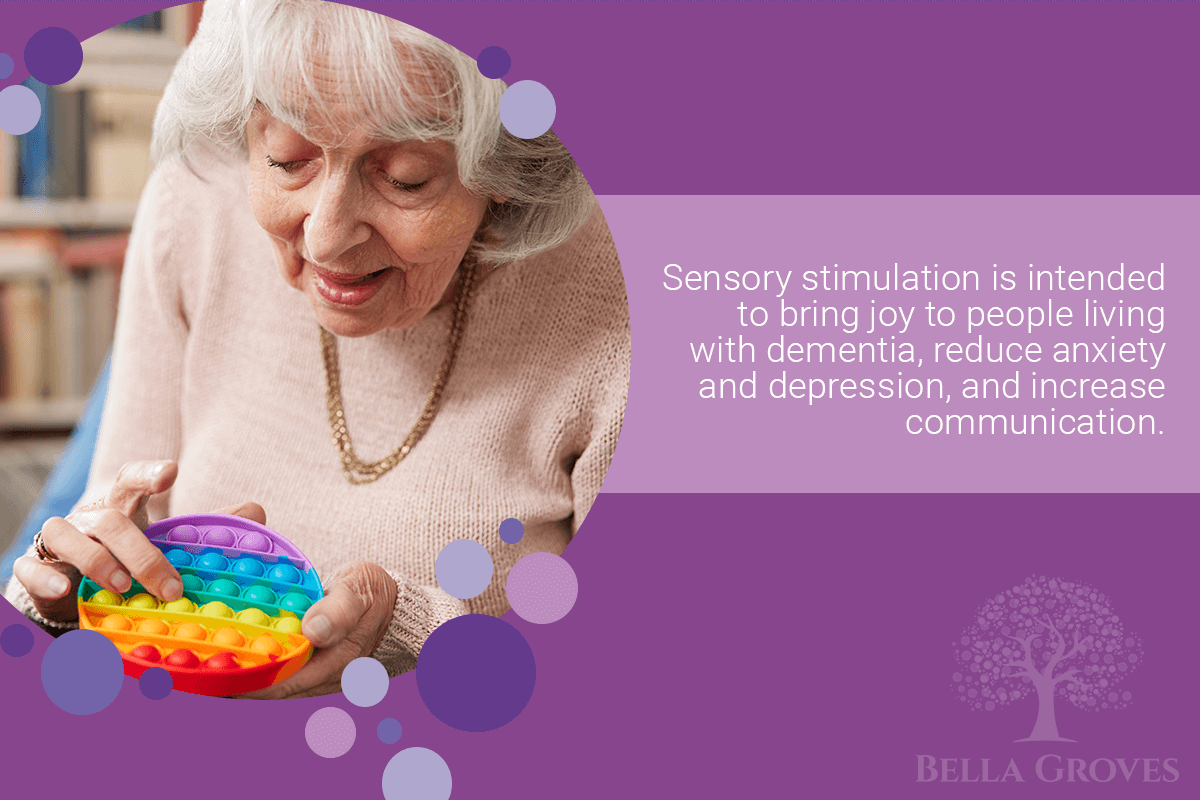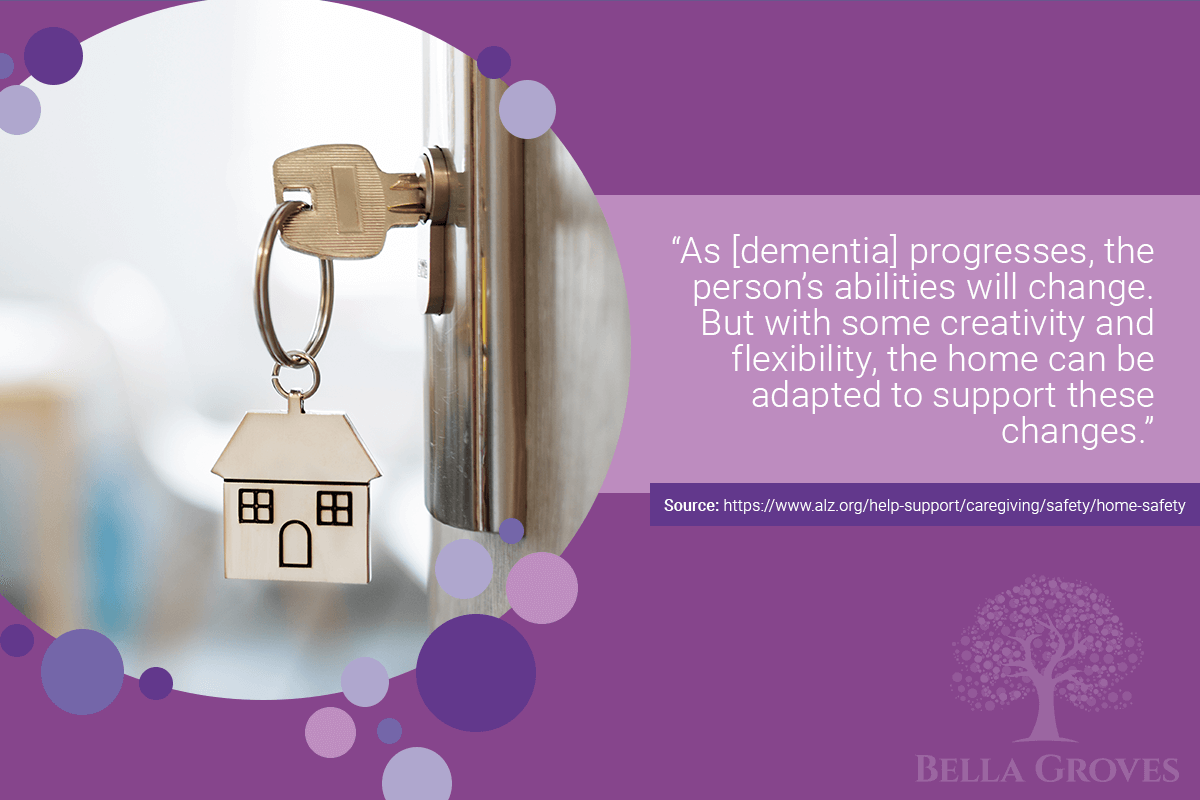
What Do You Do When a Dementia Patient Refuses Care?
Perhaps one of the most challenging moments to witness in dementia care facilities is when a person living with dementia refuses the care and support being offered to them. Whether you’re visiting a loved one or watching another family undergo this difficult instance, it can be unsettling. If your loved one has started to refuse dementia care, it can raise many questions.
- Why is this happening?
- What can I do to help?
- How can Mom not recognize me?
More often than not, your loved one is refusing care and support due to an underlying issue they cannot communicate properly, whether they can’t find the right words or simply don’t know how to describe what’s wrong. It’s natural to resort to feelings of frustration when your loved one begins to refuse help, but responding to their refusal in an angry or agitated manner will not help the situation.
Bella Groves was founded with the purpose of providing education and support for families and individuals impacted by dementia to help them understand and manage these challenging moments. We want to change the way individuals receive dementia care – at home and throughout dementia care facilities.
Perpetuating Dignity in Dementia Care
In many cases, the reason a person living with dementia begins to become agitated, frustrated, or refuses care is that the situation is confusing or frightening. For example, a care partner in a memory care community may need to help a resident get dressed in the morning, but they also have to help ten other residents. So instead of using care techniques that evoke safety and acknowledgment, they just start providing assistance which can be jarring for anyone. Imagine a person walking into your room that you didn’t recognize, and before you’ve had a chance to understand the situation, they are trying to change your shirt. You would likely refuse this action too.
As a care partner, your primary goal is to build a helpful and trusting relationship. The focus should not be on getting the task completed but on helping them feel safe and validated. Treat each moment as a relationship-building moment. If they have forgotten you, introduce yourself with a smile. Forming a care partnership with a person living with dementia is not about continuing a life-long relationship. It is about forging a new one built on trust, dignity, and respect.
Adapt
Over time, dementia begins to affect the five senses, and their preferences for things like temperatures, tastes, and even scents can change.
For example, if your loved one refuses to shower or bathe, it could be due to sensory changes. Maybe the last time the water temperate was uncomfortable, but they were unable to communicate that. Also, refrain from directing them to complete a task. Instead of saying, “You need to take a shower now,” say, “I need to take a shower. Do you want to go first?”
By adapting your approach, you ensure your loved one receives care while showing them you still respect their autonomy and wishes.
Encourage
Encouragement comes in many different forms, and when providing a loved one with dementia care, there’s a wide variety of ways to encourage and inspire. For instance, if your loved one refuses to eat a meal, encourage them to move around or go for a walk to build up their appetite, or encourage them to eat something with a sweet flavor, such as a piece of fruit or a cup of pudding. Sweet flavors have been known to spark cravings in people living with dementia, with researchers suggesting it could be due to the boost of serotonin that people receive when they eat something sweet.
Showing encouragement throughout the day keeps your loved one safe and healthy while providing them a sense of control and autonomy over their days.
Implement and Maintain Routines
Dementia care should be flexible around any routines your loved one has. For instance, your loved one might have worked night shifts for most of their life, leading them to regularly stay up late, as it has become a conditioned part of their routine. It’s important to meet a person with dementia where they are and provide care in a way that benefits them, not you.
Understanding can often be forgotten in dementia care. Care partners often see a list of to-do items rather than a person. Yes, a person living with dementia needs to eat, bathe, and change their clothes, but they also need to feel heard, purposeful, and supported. By implementing a support system based on adaption, encouragement, routine, and compassion, you can help make your loved one more comfortable and feel respected and dignified.
If you have questions about your dementia care journey, we invite you to call us at (830) 323-0440 or email us at hello@bellagroves.com.


